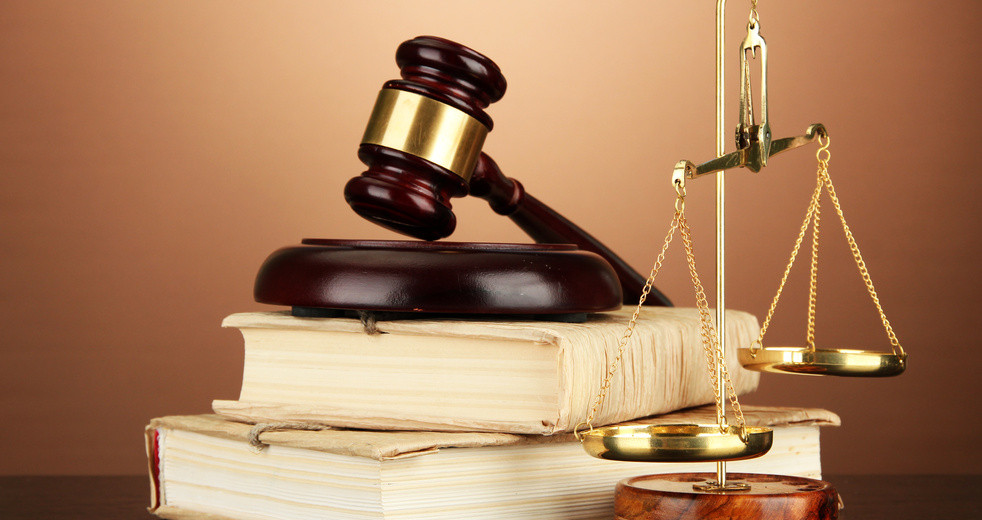ASTANA – Kazakh President Nursultan Nazarbayev signed a decree Dec. 29 approving a code of ethics for public employees. The code became effective Jan. 1 and an ethics commissioner will be introduced as an additional duty in almost all state bodies.
Previously known as the code of honour, the new document aims to strengthen society’s confidence in public authorities, form a strong culture of mutual relations in civil service and prevent unethical behaviour of civil servants. It establishes basic requirements for the moral and ethical image of civil servants, as well as basic standards of behaviour, reported Kapital.kz.
The ethics commissioner will be introduced into the central executive bodies and state bodies and be directly subordinate and accountable to the President (with the exception of law enforcement and special state agencies) and akims (governors and mayors) of regions, cities and the capital. The commissioner’s functions will be assigned to the public servant who has earned the recognition and respect of the team.
According to the ethics code, public employees should contribute to strengthening of the unity of Kazakhstan’s people and ethnic harmony in the country; respect the state and other languages, traditions and customs of the people; be honest, fair and modest; follow generally accepted moral and ethical standards and be polite and correct with citizens and colleagues.
Civil servants should improve their skills and qualifications for the effective performance of their duties and comply with the restrictions and prohibitions written in Kazakh law.
State employees, including management, should not openly demonstrate their religious beliefs in the team nor force subordinate employees to participate in the activities of public and religious associations or other non-profit organisations.
The code also provides the rules of behaviour related to public appearances, including in the media. In particular, civil servants should not publicly express their opinions on matters of public policy and performance if they are not consistent with the basic directions of state policy, disclose proprietary information which is not authorised for disclosure or make unethical statements addressed to the officials of the state, government and other public servants.
If the public servant receives unwarranted public accusations of corruption, he should take measures on their refutation within one month from the date of discovery of such charges.
Standards of behaviour are also set for off-duty individuals. Civil servants must adhere to generally accepted moral and ethical standards to prevent cases of antisocial behaviour, including being intoxicated in public places, offending human dignity and public morals. They should also be showing modesty and not emphasising and using their official position in receiving services.
Managing public employees should set an example to their subordinates by their behaviour, impartiality, equity, selflessness, respect for honour and dignity of the individual; ensure compliance with the principles of meritocracy and not have preferences on the basis of kinship, communities and personal loyalty in human resources matters.

